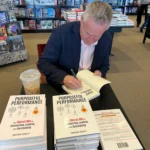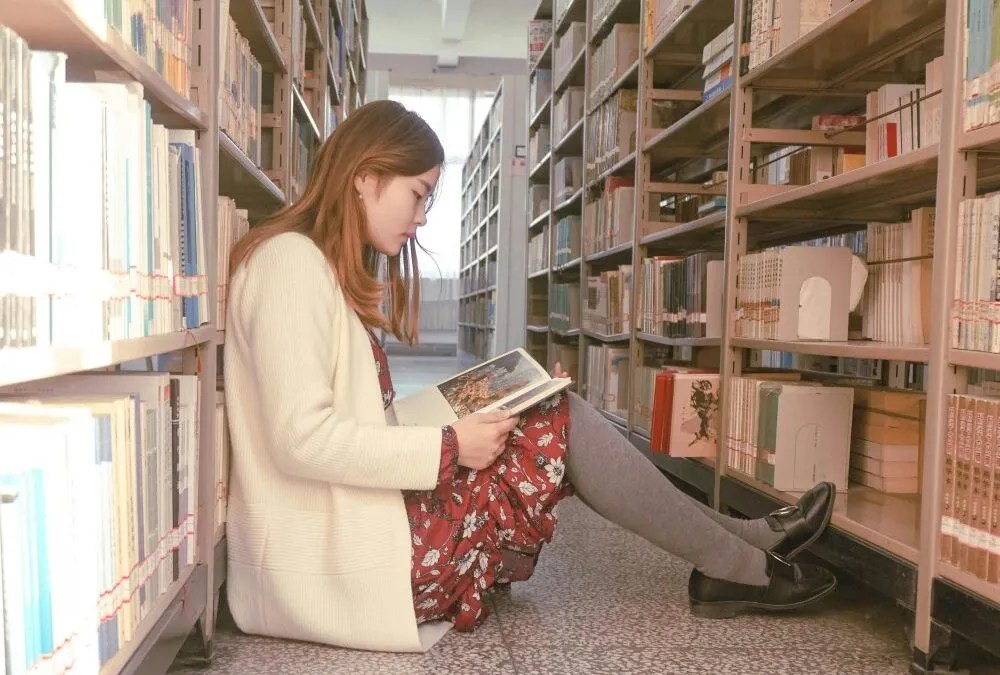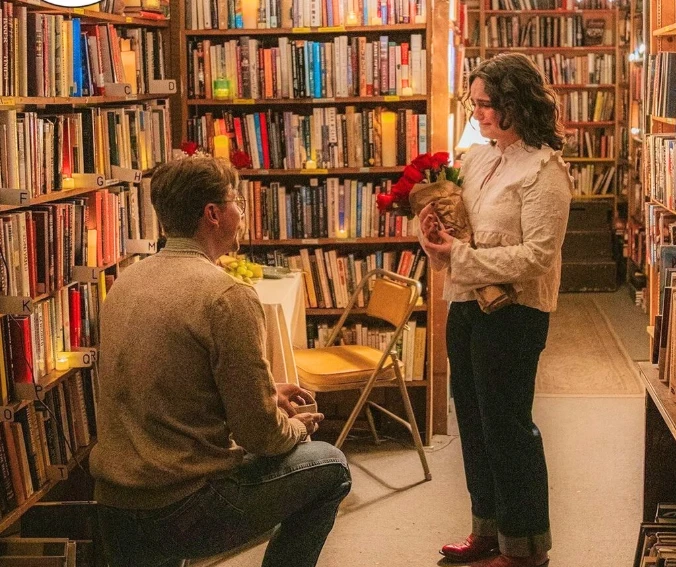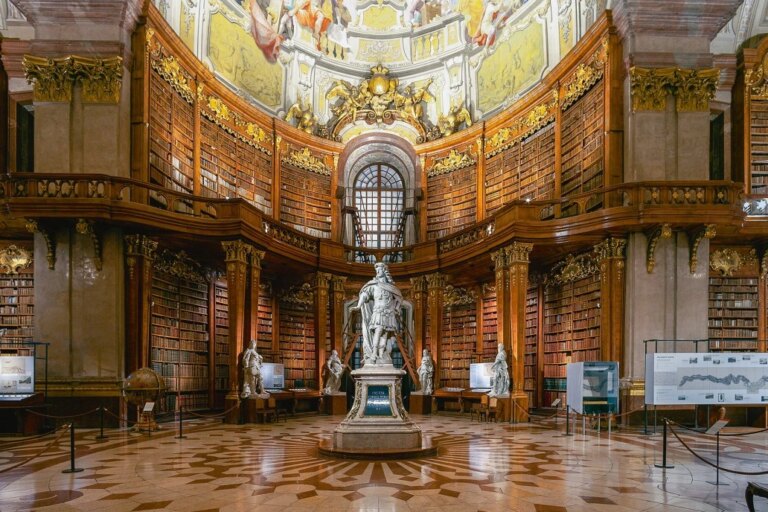Is AI eroding our critical thinking? Discover how reading can protect and sharpen the skill that makes us uniquely human.
Humans are not particularly physically strong. We have no sharp claws nor teeth, we are not bigger than a lion, we are penetrable and damageable. This being the case, how then have we survived? And not just survived, but come out on top? We could say that it is our brain, which would be true, but it’s more complicated than that, or at least more specific.
The prefrontal cortex, or the area of the brain required for decision-making, solving problems, and emotional regulation, is far more developed in humans than the animals. It is the distinguishing factor, the difference, and it means we are the world’s greatest critical thinkers.
AI’s Promise and Peril
Artificial intelligence has become somewhat of a bogeyman, a buzzword traversing around social and internet circles. ChatGPT, in particular, has made headlines after its release into the public sphere. People see the service as an opportunity; it can plan holidays, help you start a business, and navigate a difficult legal system for you. ChatGPT is clever, if by clever we mean it has access to more information than the human brain can handle, and it is talented in providing an answer for almost everything. Sounds like a dream, right?
Artificial intelligence, whilst a mark of progress in many respects, has also brought about a lot of fear. Science fiction novels speak of worlds where robots and artificial intelligence develop a kind of consciousness of their own and attempt to take over the world from humankind. Then there is another kind of fear, not of an attack on the world itself, but an attack on that so-important essence of humanity: our critical thinking.
The Risk of Cognitive Offloading
Like any other area of the body, the brain is a muscle that needs to be stretched and developed. We need to learn how to use our brains; they require exercise and challenge. The problem prophesied with AI is that it may erode our skills in critical thinking. This isn’t just a hypothesis; recent studies have confirmed that a higher reliance on AI is linked to diminished critical thinking skills.
The story worsens when we think of the younger generations who have become particularly reliant on technology. Yes, ChatGPT can find you some great dinner spots in Rome, but it can also do your homework, it can tell you whether you should break up with your husband, and it can do all the thinking for you without having any of the necessary experience or nuance to provide critical answers.
It becomes second nature to ask AI the moment we have a question, where perhaps, in the past, our brains would have been fully capable of considering the answers ourselves. Even if we disregard the environmental aspects of frequent AI giants, we cannot turn away from the idea that AI is actively reducing the skills humans have always needed to utilize our intelligence.
The point is not to be defeatist; it is not a subject devoid of hope. Of course, AI can be used as a tool if wielded correctly. More importantly, however, there is an activity that may fight against this cognitive offloading, and force us to, enjoyably, stretch our brain a little – reading.
What Literature Teaches Us About Decision-Making
Literature does not often spell the answers out for us; instead, it allows us to read a story and then question what this narrative may be alluding to. It asks us to consider, and, more importantly, to make our own decisions about what outcomes we draw. Many readers have come across a book that fundamentally changes the way they see the world, as they have also come across a book that contrasts their own values.
Reading makes us cleverer, not always by the content itself, but in the consideration of it. The data backs this up, arguing that reading, especially in the literary genre, does in fact encourage cognitive development and critical-thinking skills. We are introduced to complex characters who are neither good nor bad, who could be classed as heroes or antiheroes, or villains.
Great philosophers, like Ayn Rand or Albert Camus, have used literature as a means to discuss their philosophical views on the world. Readers do not always agree with these views, but they are forced to consider them as they read.
The Last Defense: Why We Must Keep Thinking for Ourselves
Parents use reading as an early means of encouraging critical thinking. Mothers will ask their children whys and hows to allow their children not to just accept the information, but to ponder it. For humans, this is the equivalent of helping our children grow sharp fangs, thick skin, it is to develop their defenses and their potential.
For adults, reading becomes arguably even more of a critical challenge. Our minds and opinions are our own, and it means finding ‘goods’ and ‘bads’ in situations and characters is all the more difficult. Yes, artificial intelligence is a potential enemy against the critical thinking mind, but perhaps we can take this as an opportunity to fight against it. To get lost in literature as a means of pleasure and preservation, and to do the one thing ChatGPT will never be able to do – to think.
Join our community of 1.5M readers
Like this story? You'll love our free weekly magazine.








